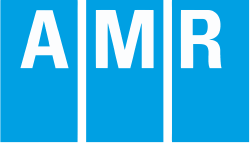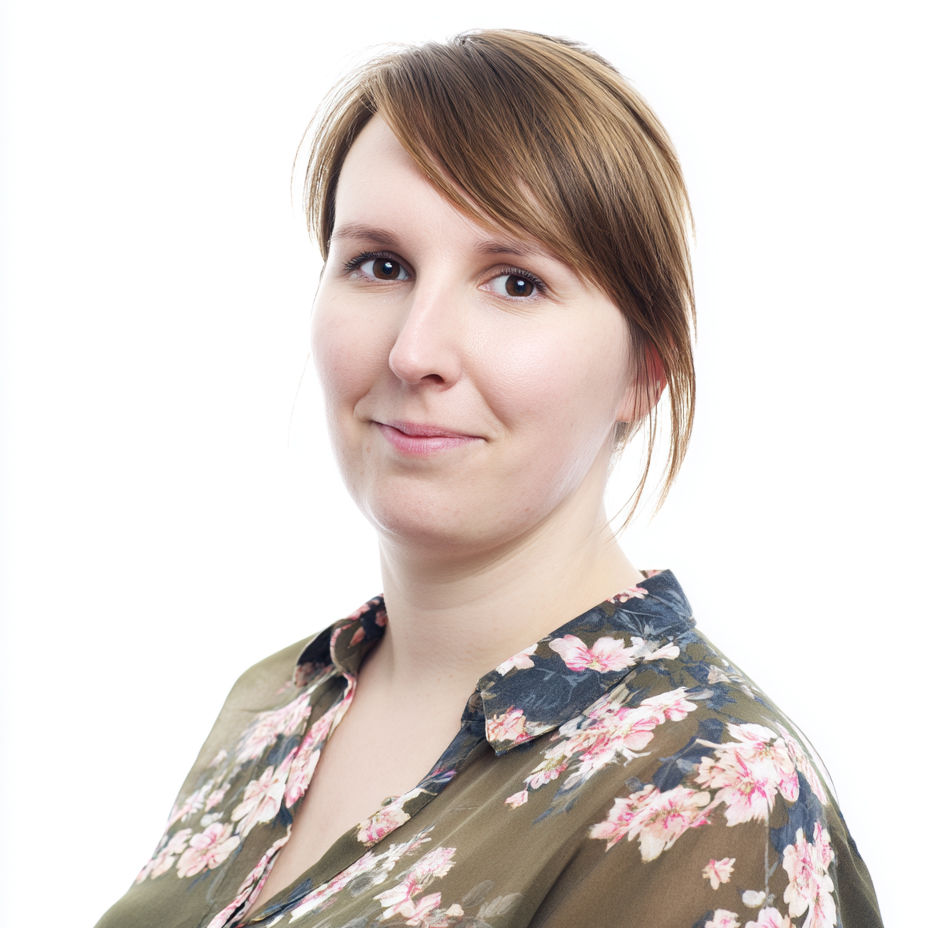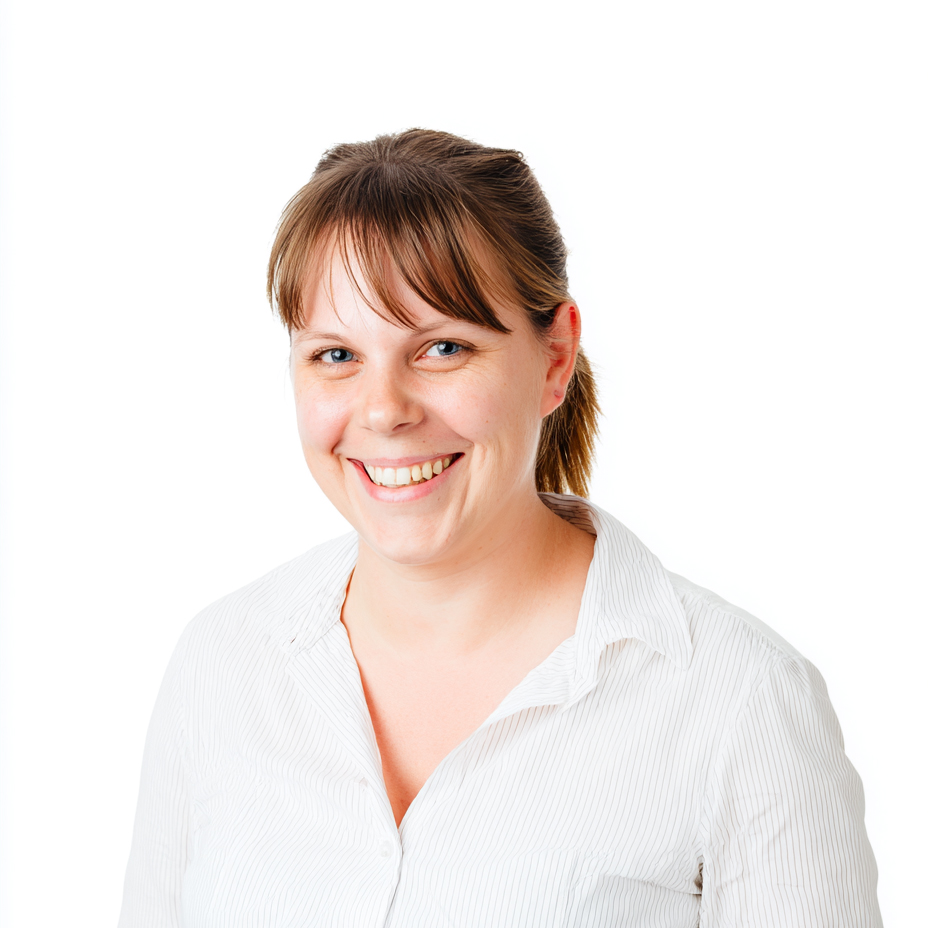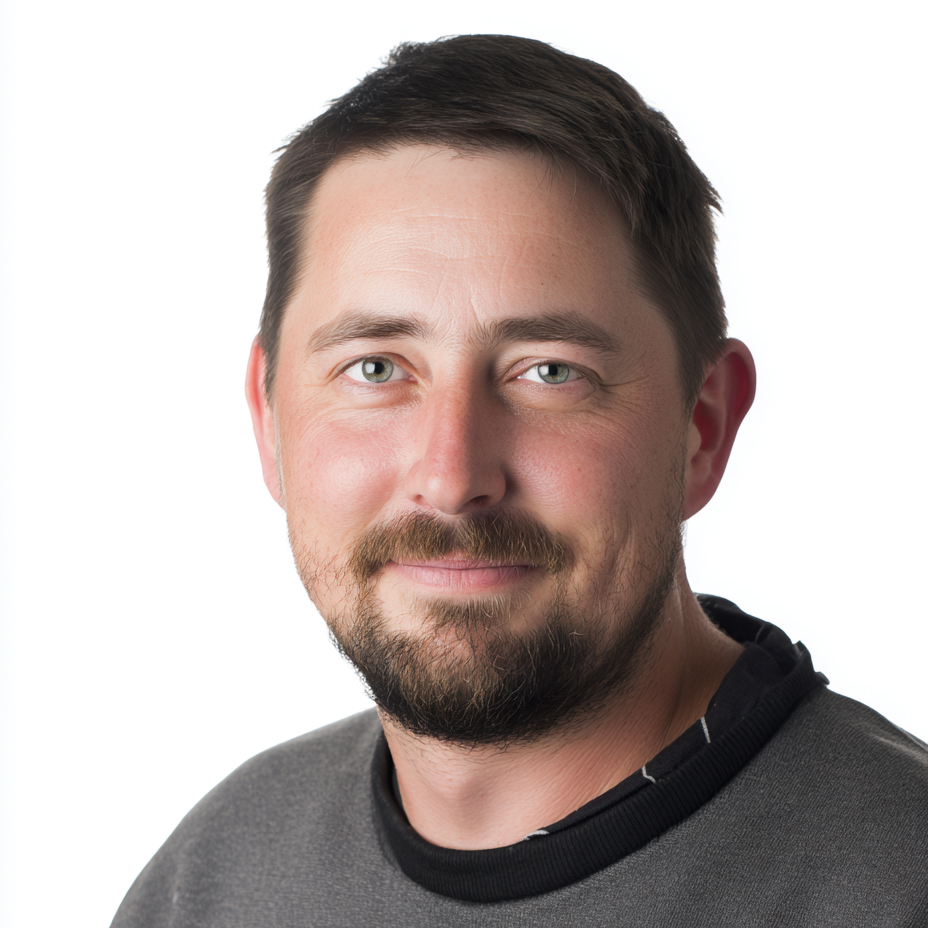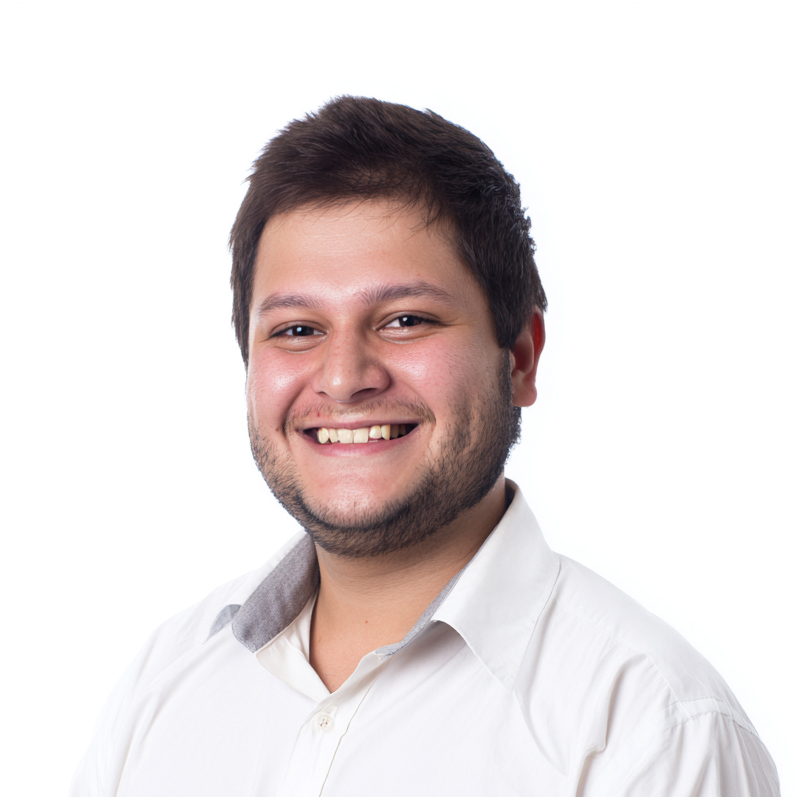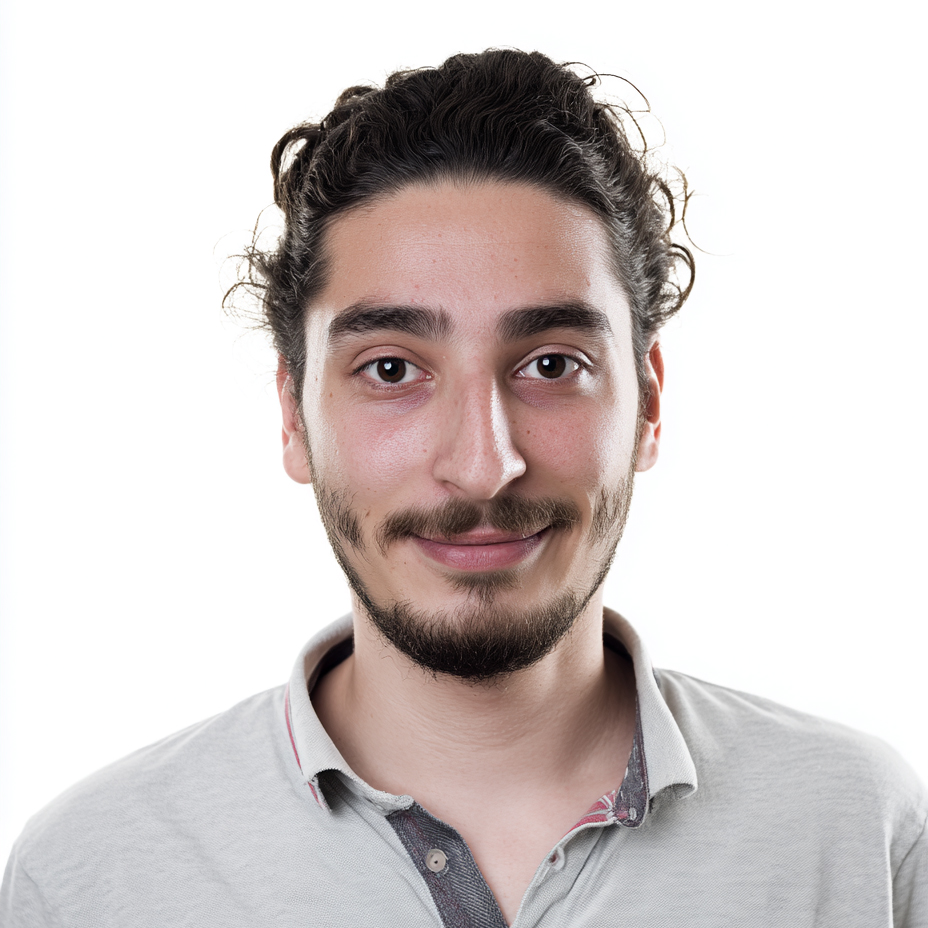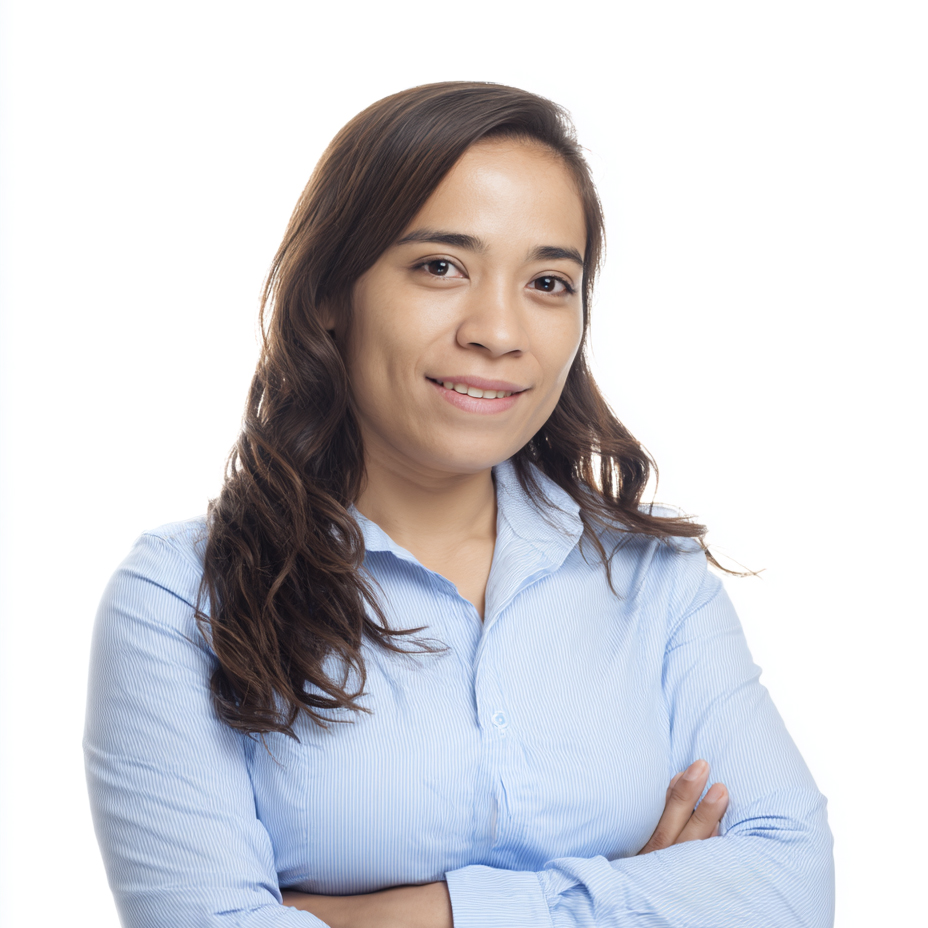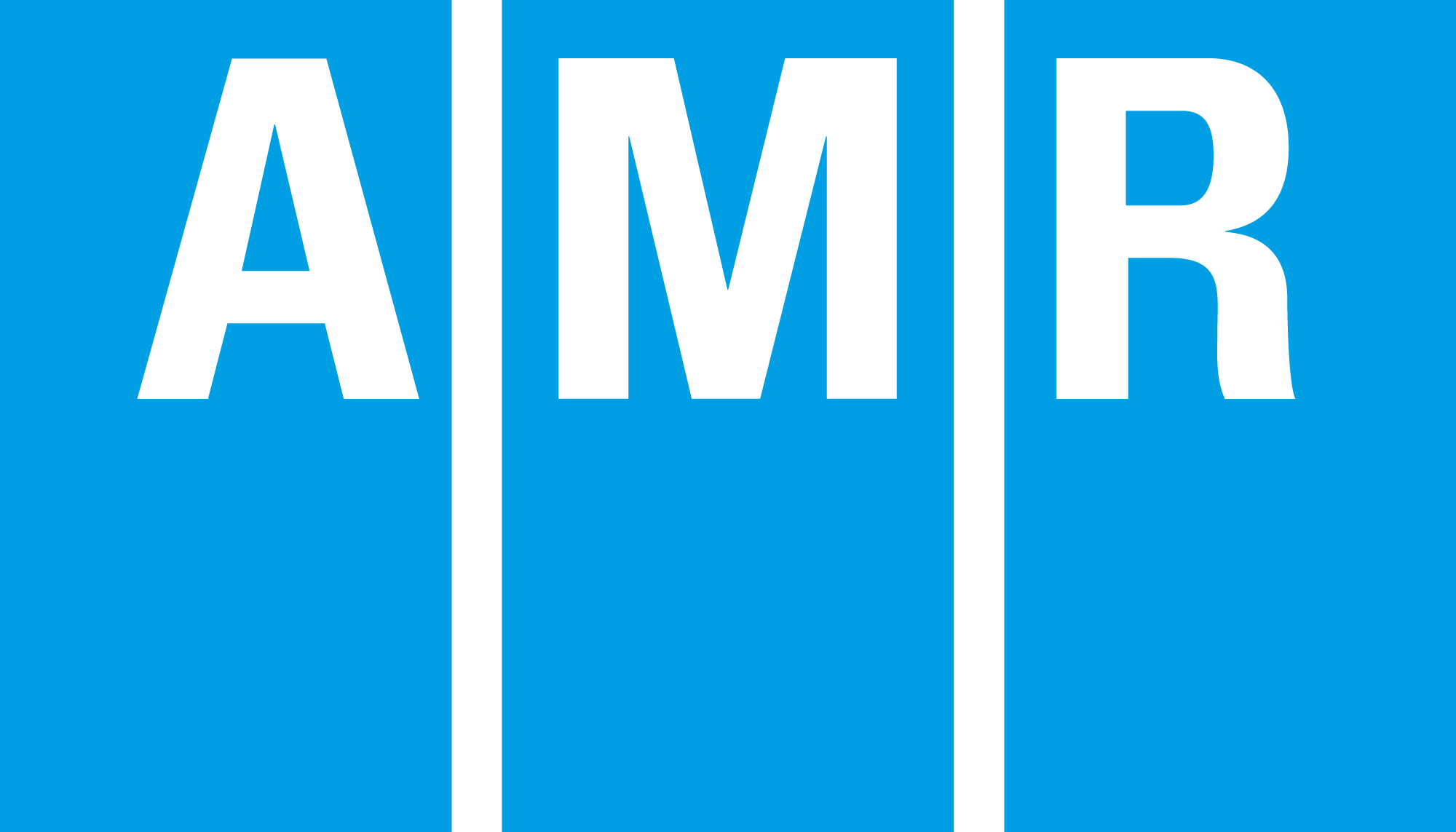AMR knows CATI.
Computer-Assisted Telephone Interviewing (CATI) was developed in the 1970s and has continuously evolved since. AMR Advanced Market Research specialized in CATI in the early 1980s and has accompanied every stage of its development.
AMR’s in-house CATI center combines deep methodological expertise with hands-on fieldwork experience. Their global network of over 600 interviewers delivers reliable, ISO-certified data for your insights across a wide range of target groups.
CATI counts.
Telephone interviews are a proven method of data collection: the personal interaction between interviewer and respondent ensures reliable data. Our interviewers make sure that the right person is reached and that every question is clearly understood.
The advantages go beyond quality: while about 5.5 billion people use the internet¹, more than 7 billion can be reached by phone². In particular, older target groups are difficult to reach through online surveys, and many people in senior management positions can only be recruited for interviews by telephone.
Although telephone surveys are not suitable for every topic or budget, they remain the most reliable research method which is easily scalable worldwide.

Why institutes trust AMR with their research projects

44 years of experience
Trusted since 1981 – AMR delivers your study reliably, successfully and on time.

Studies in 106 countries
Local, international or global. With AMR, you can conduct studies around the world.

600+ native-level interviewers
Over 600 trained professionals conduct your surveys in 32 languages – accurately and culturally fluent.
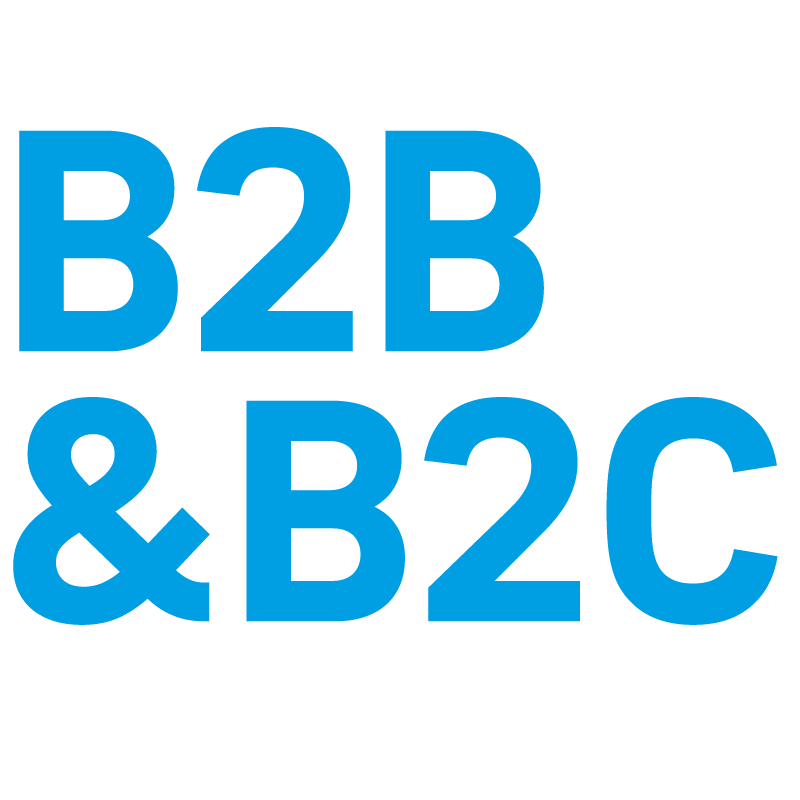
B2B & B2C respondents
Whatever your target – AMR delivers qualified respondents to match your quotas.
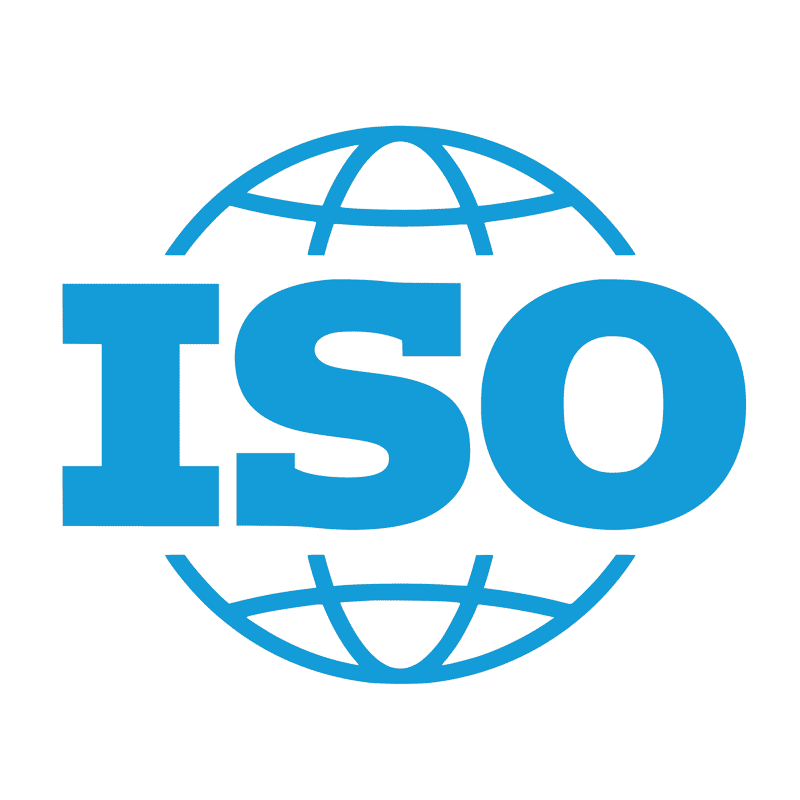
ISO-certified reliability
ISO 9001:2015 and ISO 20252:2019 ensure that your data is 100% valid, reliable and analysis-ready.
From local to international:
Conduct B2B and B2C surveys in 106 countries with our global interviewer network
Africa
- Angola
- Benin
- Cameroon
- Egypt
- Gambia
- Ghana
- Guinea
- Guinea-Bissau
- Ivory Coast
- Liberia
- Mali
- Morocco
- Mauritania
- Niger
- Nigeria
- Senegal
- Sierra Leone
- South Africa
- Togo
Asia
- Bangladesh
- British Indian Ocean Territory
- Brunei
- Cambodia
- China
- Hong Kong
- Indonesia
- Iraq
- Iran
- Japan
- Laos
- Macau
- Malaysia
- Maldives
- Phillipines
- Saudi Arabia
- Singapore
- South Korea
- Sri Lanka
- Taiwan
- Thailand
- Timor-Leste
- Turkey
- United Arab Emirates
- Vietnam
Australia
- Australia
- New Zealand
Europe
- Albania
- Austria
- Belgium
- Bosnia-Herzegovina
- Bulgaria
- Croatia
- Czech Republic
- Denmark
- Finland
- France
- Germany
- Gibraltar
- Greece
- Hungary
- Iceland
- Ireland
- Italy
- Kosovo
- Liechtenstein
- Luxembourg
- Malta
- Monaco
- Montenegro
- Netherlands
- North Macedonia
- Poland
- Portugal
- Romania
- San Marino
- Serbia
- Slovakia
- Slovenia
- Spain
- Sweden
- Switzerland
- Turkey
- United Kingdom (England, Northern Ireland, Scotland, Wales)
- Vatican City
North-America
- Bahamas
- Barbados
- Belize
- Canada
- Costa Rica
- Cuba
- Dominican Republic
- El Salvador
- Grenada
- Guatemala
- Haiti
- Honduras
- Mexico
- Nicaragua
- Panama
- Trinidad and Tobago
- USA
South-America
- Argentina
- Bolivia
- Brazil
- Chile
- Columbia
- Ecuador
- Falkland-Islands
- French-Guyana
- Guyana
- Paraguay
- Peru
- Suriname
- Uruguay
- Venezuela
With a global network of 600+ local interviewers, we can scale your study efficiently – from a small local survey in Cape Town to a multi-country project across Europe.
Our teams are based in the same regions and time zones as your respondents, sharing their language and cultural background. This ensures authentic communication and higher response quality. For each project, interviewers receive specialized briefings from senior interviewers, so they approach your specific target group with the right knowledge and sensitivity.
As a result, we deliver reliable data collection in 32 languages, 106 countries, and across 6 continents.
- Active in all time zones
- Centrally coordinated in Germany
CATI center in Germany

Complementing our global network of local interviewers, our in-house CATI center in Düsseldorf provides dedicated CATI stations, ideally suited for surveys in Europe – particularly in Germany.
The center is used to train interviewers, monitor interviews, ensure strict quality control, and coordinate interviewer teams – guaranteeing reliable, high-quality data collection.
- In-house CATI stations
- Industry standard equipement
- Interviewer training facility
Your voice in every survey: AMR’s 600+ interviewers
AMR’s local interviewers are in the right time zone for the specific respondent and share the respondent’s cultural background: their feeling for their local target group elevates your survey’s response rates.
Our native-speaking executive interviewers thoroughly brief their interviewer teams and monitor data collection. Every interview in your study is conducted in compliance with GDPR, ISO, and ESOMAR standards.
- Native-level speakers of 30+ languages
- Senior interviewers supervise local teams
- Interviewer training aligned with ESOMAR standards
- Quality control of each interview
Your single point of contact: AMR in Germany
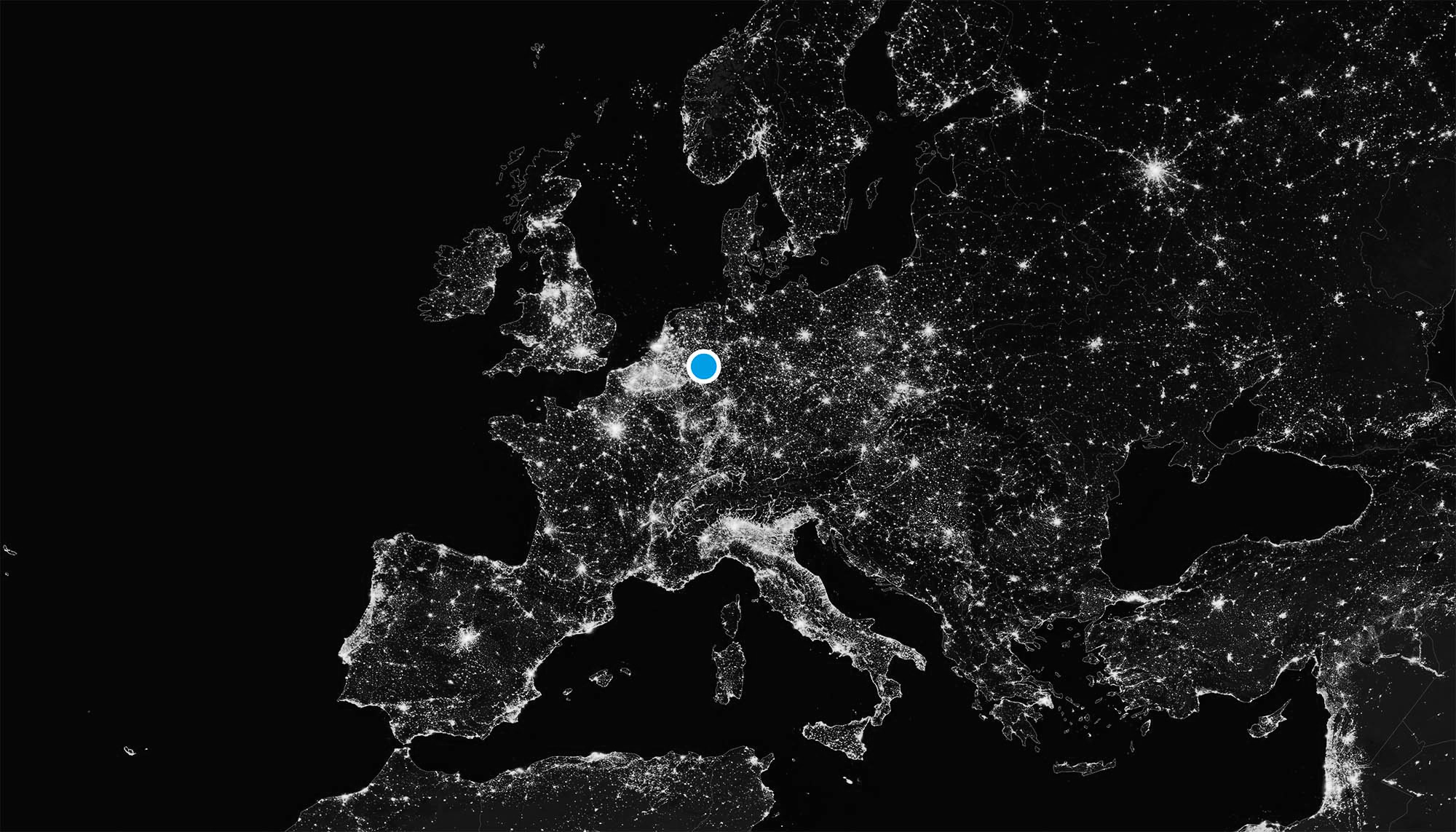
All projects are managed from our headquarters in Düsseldorf, the central point of our global operations. Our 15 project managers – social scientists, data scientists, developers, and market researchers – ensure professional coordination from start to finish.
You will always work with one dedicated project manager who knows you and your studies, giving you a reliable single point of contact for the entire data collection process.
- Central coordination of all projects
- Team of social scientists, data scientists and market researchers
- In compliance with EU data protection regulation (GDPR)
- You have one dedicated contact person
ISO-certified reliability: The integrity of your data is our mission
At AMR we promise the highest quality of our studies by means of extensive data quality control from start to finish. Each project is thoroughly evaluated and monitored to ensure that every interview is conducted in compliance with international standards: You receive reliable data for your analyses.
Field Management
- Comprehensive and regular training of interviewers
- Project briefings and debriefings throughout the fieldwork period
- Live call monitoring and screen sharing by supervisors and team leaders
- Track agent’s performance with call quality scoring
- Evaluation of call recordings
Project Management
- You receive periodic status updates of the progress of your projects
- Centralised survey controlling and monitoring by AMR in Düsseldorf, Germany
- You have one single point of contact to manage all of your fieldwork projects
Quality Management
- Continuous checks of the data sets with regards to completeness, questionnaire filters, quotas, duplicates, plausibility
- Data processing in compliance with EU data protection regulation (GDPR)
- Compliance with the provisions of regulation ISO 9001:2015 and ISO 20252:2019
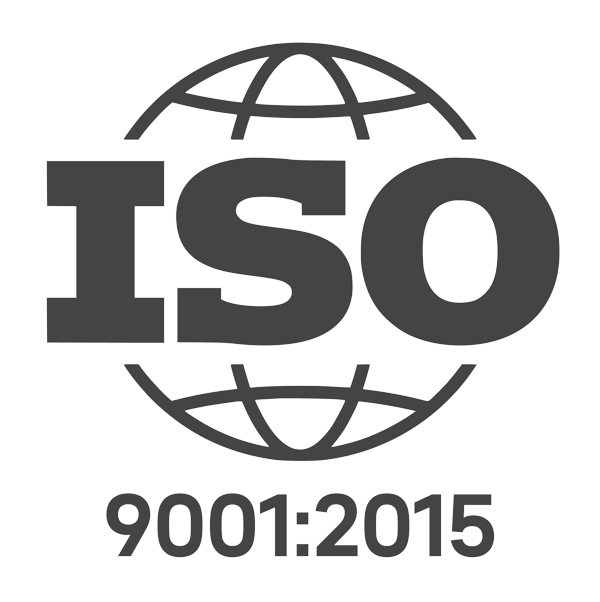
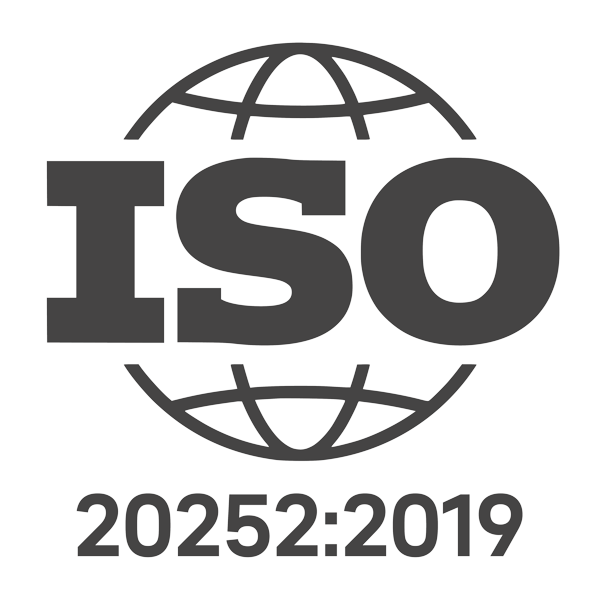
Case Studies
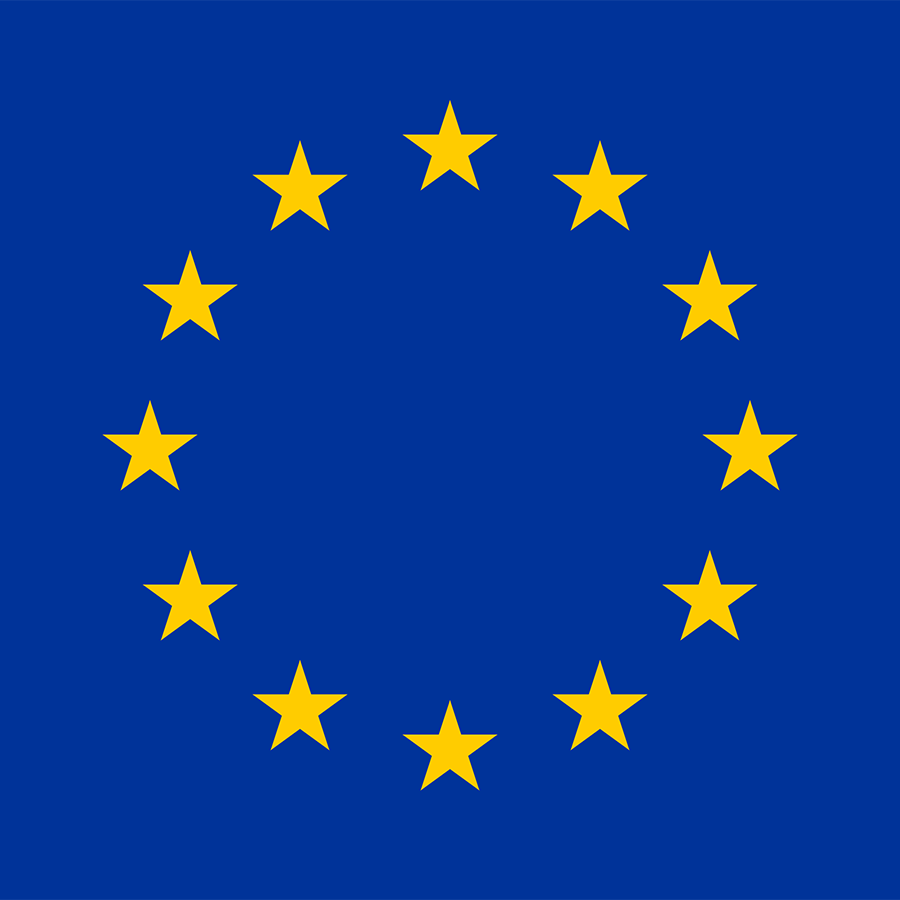
Do European citizens know European politics?
We conducted surveys in 15 countries for the European Conservatives and Reformists Party. We explored the degree of awareness of the political parties and candidates at the European level directly after the elections.
| Method | Telephone interviews (CATI) |
| Sample size | n = 12.132 |
| Target groups | 50% voters and 50% non-voters |
| Locations | Belgium, Czech Republic, Denmark, Finland, France, Germany, Greece, Italy, Luxembourg, Netherlands, Poland, Romania, Slovakia, Spain, UK |
| Languages | Czech, Danish, Dutch, English, Finnish, French, German, Greek, Italian, Polish, Romanian, Slovakian, Spanish |
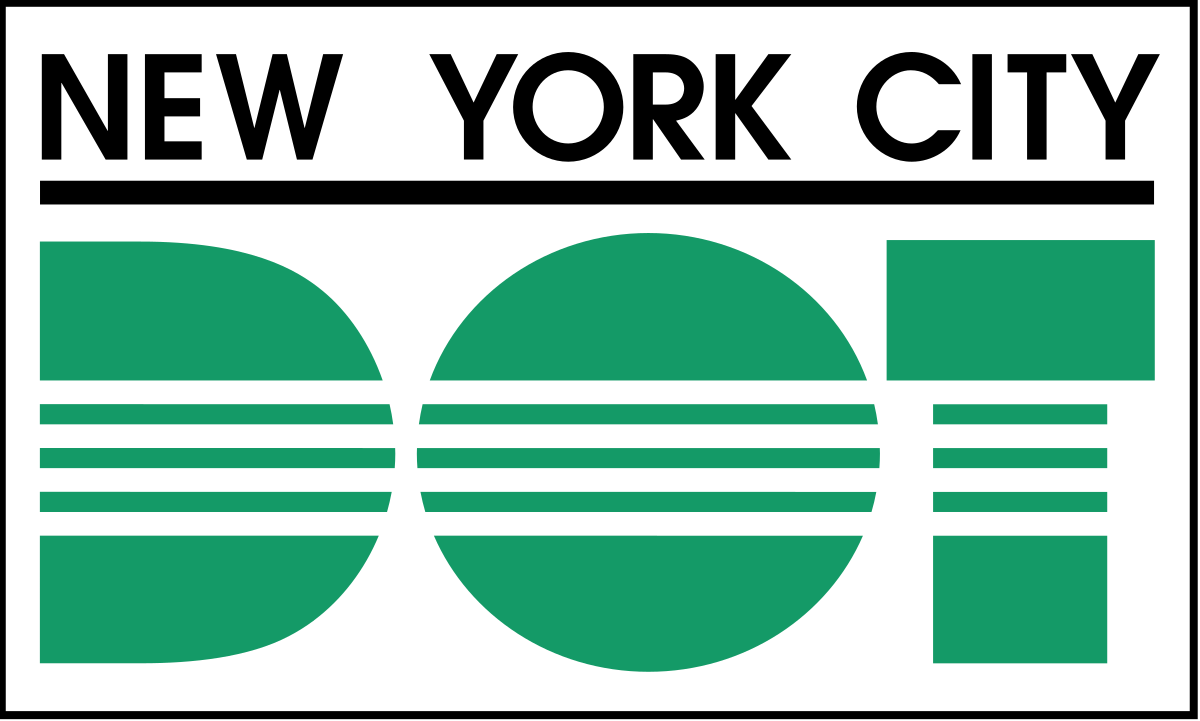
Are New Yorkers happy with their subway?
AMR conducted 1 000 interviews among households in New York on behalf of the DOT (Department of Transportation) of New York City about the quality of public transportation in the US as it related to speed, safety, connections, accessibility and overall cost. This was a government sponsored project. The survey was conducted in Spanish, Russian and Cantonese with hard quotas on ethnic communities in New York.
| Method | Telephone interviews (CATI) |
| Sample size | n = 1 000 |
| Target groups | Households |
| Location | New York (USA) |
| Languages | Spanish, Russian, Cantonese |
What reputation do European exports have internationally?
For the International Trade Commission of the EU Service Exporters we interviewed German companies that engage in export trade and are led by women. We conducted 30 minute in-depth interviews.
| Method | Telephone interviews (CATI) |
| Sample size | n = 55 |
| Target groups | Woman-led export firms |
| Location | Germany |
| Language | German |
Trusted by leading research-institutes

We sincerely thank the AMR Advanced Market Research team for their outstanding support and tremendous effort. Despite challenging market conditions and a niche audience, they delivered excellent results. We look forward to working together again!
Senior Research Manager, Kantar Asia Pacific

We have always enjoyed an excellent collaboration with AMR and can consistently rely on them to deliver the high-quality research our clients expect.
Origo Group, Gothenburg (Sweden)

AMR is proactive in project scheduling, sample management, and data collection, while also providing invaluable expertise in identifying cultural nuances.
Ron Weidemann, Client Service Manager, Answers Research California (USA)
Telephone
CATI
Online
CAWI
CATI + CAWI
3.1
Million people
in online panels
CATI center
in-house
Local & international
Fieldwork
106
Countries
32
Languages
CATI counts.
B2B & B2C
Respondents
since 1981
44 years experience
600
native-level interviewers
Global data collection
in 106 countries
Independent
Owner-managed
Germany
Düsseldorf
You ask, we answer.
What is CATI?
CATI stands for Computer Assisted Telephone Interviewing. It is a method for conducting surveys. Calling and data processing is automated by a special software.
Questionnaires can be programmed in the CATI program. The CATI program calls the respondents, takes care of routing through the questionnaires, ensures compliance with the survey logic and stores the data. During an interview, the interviewer reads questions from the computer and enters the respondent’s answers into the computer. CATI has replaced traditional telephone interviews and is well suited for international studies.
When to use CATI?
Computer Assisted Telephone Interviewing is the current standard for telephone surveys. If you want to commission an international study in a relatively short time, where the personal interview ensures appreciation and quality, CATI is the right method.
In addition, CATI is ideal for target groups that are difficult to reach. Even in global studies, CATI retains the personal touch. Often, CATI interviews have a higher level of quality. Particularly with B2B target groups or difficult interview topics, personal attention from an interviewer can be crucial.
What are the advantages and disadvantages of CATI?
The biggest advantage of CATI is the interviewer: not only can he or she get respondents to participate in the interview much better than an online form, but the interview itself is of higher quality: the interviewer can ask follow-up questions, identify inconsistencies directly, make sure respondents understand the question, and give concise, clear as well as detailed answers.
On the downside, CATI can be more expensive than online surveys and take longer to prepare: interviewers need to be trained and briefed – and for some languages, interviewers sometimes need to be recruited first.
Thanks to call technology, CATI can be deployed quickly around the world while retaining the personal touch: the personal interview makes interviewees feel valued, the interviewer can convince interviewees to take part in an interview, and ensure the quality of responses during the interview.
Can CATI be combined with other techniques?
Yes! Together with our partner institute moweb research, we combine CATI (telephone) and CAWI (online) in tailored Mixed Mode surveys. By combining both methods quality can be increased, biases minimised while costs are being balanced.
Is CATI reasonable for small budgets or research projects?
Yes. CATI can be adapted to smaller projects by adjusting sample size, interview length, and targeting. While it is often used for larger studies, efficient design makes it suitable for small-scale research as well.
